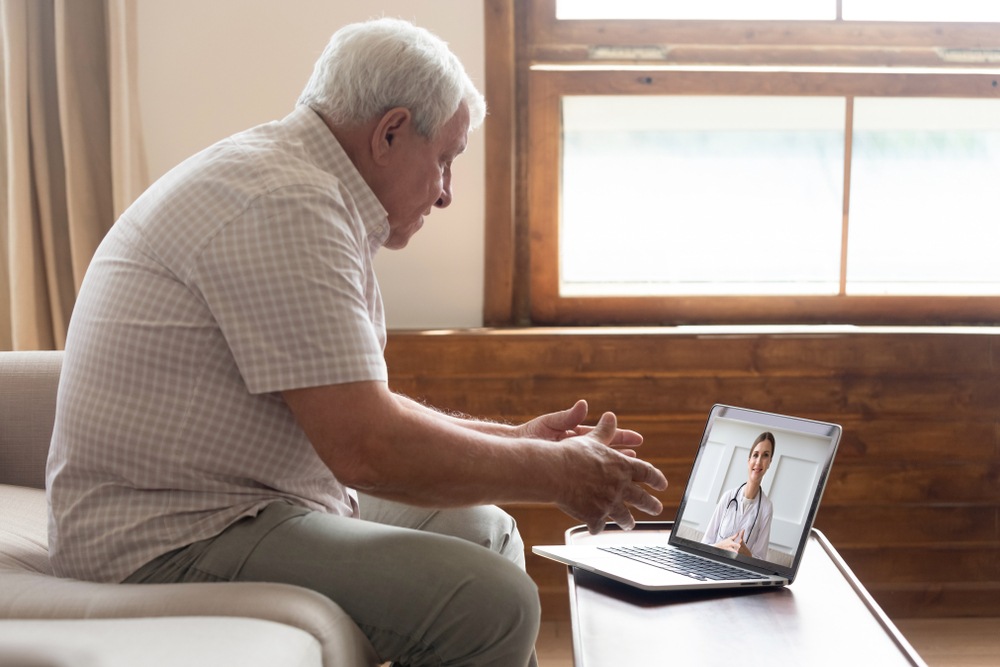COVID-19 has transformed our world and healthcare system in a short period of time. With providers all over the globe endorsing the measures of social distancing, self-quarantining, and adhering to strict governmental guidelines, the fear of overloading hospitals across the nation continues. The social distancing practice will now remain in place until April 30, 2020, and over the next two weeks, we expect to see an uptick of reported cases due to more positive test results coming through, as well as fatalities.
Since the coronavirus began to change the protocols of all organizations, I have been working with clients to refocus their clinical transformation strategies. Traditional population health management looks significantly different, and the concerns extend beyond the patient and employer’s long-term well-being. The coronavirus has brought on many pain points for providers and administrators, including:
- Dramatic decreases in office visits
- Care managers forced into administrative roles because of the decrease in staffing
- Providers discussing retirement as opposed to learning telehealth practices
- The loss of patient attribution to their organization, which can impact their reimbursement and a variety of other factors
On March 17, 2020, the Centers for Medicare & Medicaid Services (CMS) announced their expanded opportunities for reimbursement of telehealth services. According to the organization’s official press release, previously restricted services will expand for a limited time to receiving telehealth services in any kind of setting, even their homes. Patients can receive care from a variety of healthcare providers, including clinical psychologists and clinical social workers. Physicians can now bill for services like mental health counseling and preventative health screens, instead of taking the loss with canceled appointments. These unprecedented changes for telehealth services not only benefit the patient but incentivize the provider to administer these services, all while minimizing unnecessary in-person contact.
Telehealth can only strengthen with chronic care management (CCM). Once you couple telehealth with chronic care management, organizations can address many of these COVID-19 pain points head-on. Staffing is a significant stressor; undoubtedly, it will vary from organization to organization in terms of the financial burden, but care managers have the power to engage and be the anchor that holds patients in their networks. They can develop the relationships and ease the burden on providers, and even act as teachers from the technology standpoint. Telehealth-like practices are how organizations have primarily managed chronic care patients prior to COVID-19.
There are three essential components to manage chronic care patients’ long-term health concerns:
- Care between their appointments. Telehealth can be as simple as a phone call, email, or interaction via a patient portal. These conversations increase a patient’s focus on their health; it helps reinforce their care plans and increases a provider’s visibility into health issues, whether pre-existing or evolving.
- Using all of the available data. With an unknown virus on top of what the patient is already battling, every tool needs to be used to remain proactive. If there is something that raises concern, data can help care managers identify and intervene with personalized preventative care measures. These actions, in turn, improve patient compliance with value-based care steps.
- Embracing remote care. Providing remote care to a patient when there are factors in play that make in-person visits more complicated will provide quantifiable impacts, both individually and financially. Increasing the ease of access to providers, care managers, and other wellness resources lowers the barriers of delivering consistent engagement, which is critical in an emergency like this one.
To all providers and other clinical team members working day and night to care for their patients, either in person or remotely, thank you from the entire Lightbeam team. We have created a COVID-19 resources page on our website that contains various official communications that we are continuing to update as new information is made available. Please feel free to contact me at jscruton@lightbeamhealth.com to discuss any of the telehealth and CCM information further.

Jessica Scruton, BSN, RN, CCM is the VP of Clinical Transformation at Lightbeam.
